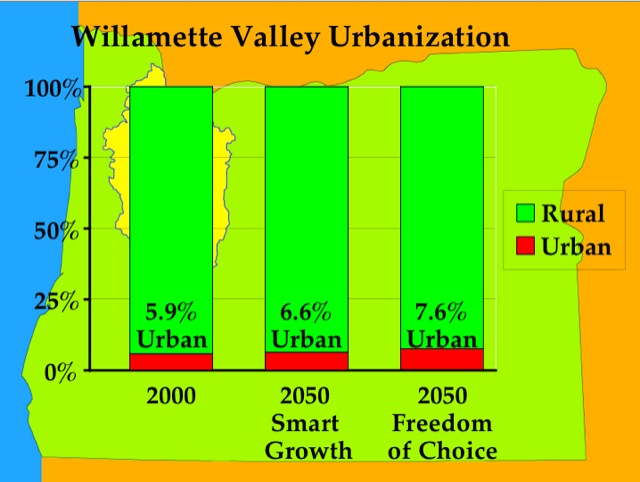The resignation of Oregon Governor John Kitzhaber after just a little more than a month of his fourth term in office could be seen as making a case for term limits. But really, it is a classic example of the pitfalls of using big government to solve social problems.
Oregon limits governors to two consecutive four-year terms. Kitzhaber was in the governor’s mansion from 1995 to 2003. Then, Putin-like, after letting someone else be governor for a couple of terms, he ran again and won in 2010. Despite warning signs from Pulitzer-Prize-winning Willamette Week reporter Nigel Jaquiss, Kitzhaber coasted to victory (endorsed by Jaquiss’ own paper, among others) over a Republican legislator who represented one of the least-populated, and therefore politically inconsequential, parts of the state.
What brought Kitzhaber down was clear evidence that his girlfriend, Cylvia Hayes, who called herself the First Lady of Oregon and bragged that she was his “policy advisor,” aggressively used her connections to the governor to get contracts worth hundreds of thousands of dollars to lobby the state on energy policy, among other things. Rather than attempt to show that Hayes was keeping her roles as First Lady and lobbyist separate, Kitzhaber stonewalled public access to emails and even reportedly ordered his staff to destroy thousands of such emails. It was this stonewalling, more than the corruption charges, that led major Democrats in the state to turn against the governor.
Kitzhaber is a charismatic man who has a reputation with working with people on both sides of the political aisle. Yet this is far from his first major political scandal that cost taxpayer millions and involved questionable actions on the part of his friends and associates.
Continue reading →









